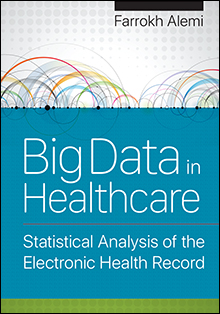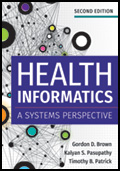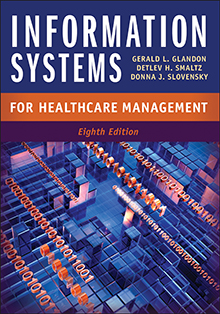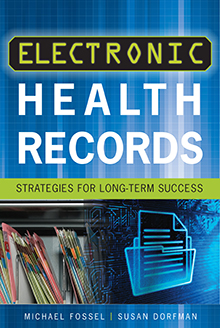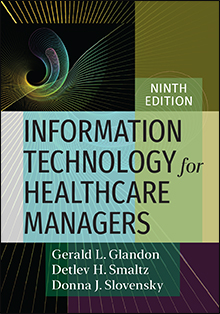Big Data in Healthcare: Statistical Analysis of the Electronic Health Record
Farrokh Alemi
- Print: $90.00
- Textbooks
Book Description
Links to Supplemental Resources (click here to access)
- Using real-world data to compare hospitals’ performance.
- Measuring the prognosis of patients through massive data
- Distinguishing between fake claims and true improvements
- Comparing the effectiveness of different interventions using causal analysis
- Benchmarking different clinicians on the same set of patients
- Remove confounding in observational data
This book can be used in introductory courses on hypothesis testing, intermediate courses on regression, and advanced courses on causal analysis. It can also be used to learn SQL language. Its extensive online instructor resources include course syllabi, PowerPoint and video lectures, Excel exercises, individual and team assignments, answers to assignments, and student-organized tutorials.
Big Data in Healthcare applies the building blocks of statistical thinking to the basic challenges that healthcare leaders face every day. Prepare for those challenges with the clear understanding of your data that statistical analysis can bring—and make the best possible decisions for maximum performance in the competitive field of healthcare.
Appropriate courses for this textbook include Introduction to Statistics, Advanced Statistics, Statistical Process Control, Regression Analysis, Causal Analysis, SQL Databases, and Quality Improvement.

